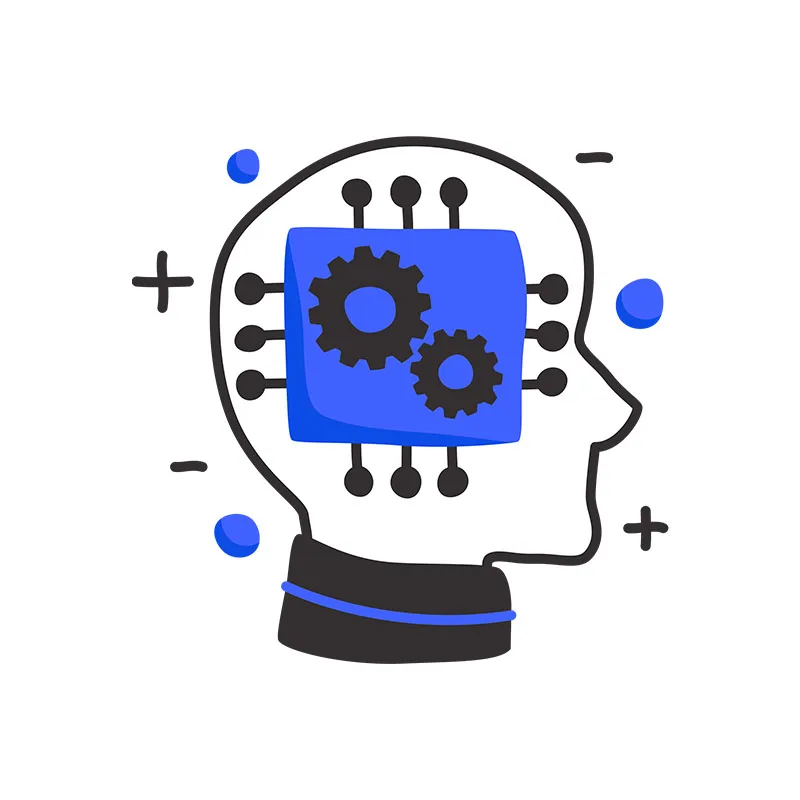In the rapidly evolving world of ecommerce, staying ahead of SEO trends is essential. Artificial Intelligence (AI) is transforming how search engines rank content and how users find products online. For ecommerce businesses, adapting to these changes isn’t optional—it’s critical for long-term success. In this post, we’ll explore how AI is shaping ecommerce SEO and provide actionable strategies to ensure your online store remains competitive.
The Rise of AI in Search Algorithms
Search engines like Google increasingly rely on AI and machine learning to deliver more relevant and personalized results. Tools such as RankBrain, BERT, and MUM analyze user intent, context, and behavior to understand what people are truly looking for. This means that traditional keyword-stuffed content is no longer enough. Ecommerce stores need to focus on creating content and product pages that AI can interpret and rank effectively.
Why Ecommerce SEO Needs to Evolve
AI has fundamentally changed how search engines assess content. User intent now plays a central role in ranking, making it essential to understand what potential customers are searching for, rather than just what keywords they type. For ecommerce businesses, this means ensuring product pages, category listings, and blog content are fully optimized to match both AI algorithms and human expectations.

Optimizing Product Pages for AI
To succeed in an AI-driven SEO landscape, ecommerce sites must ensure product pages are structured and informative:
- Semantic Keywords: Use natural language that matches how users search. Focus on long-tail keywords that reflect intent.
- High-Quality Descriptions: Include detailed, benefit-focused product descriptions that answer common questions and highlight unique features.
- Structured Data: Implement schema markup to help AI understand your content and improve visibility in rich results, such as product snippets and reviews.
Content Marketing and AI
Content that aligns with user intent is more important than ever. AI evaluates the context of your pages, meaning that content must go beyond keywords:
- Create blogs, guides, and product tips that address specific user problems.
- Use AI-powered tools to analyze search trends, identify high-value keywords, and generate content ideas.
- Focus on long-tail queries and conversational phrases that reflect real search behavior.
Voice Search and Conversational Queries
AI-driven voice search is on the rise, changing how people find products online. Ecommerce sites must adapt by optimizing for natural, conversational language:
- Include FAQs on product pages to target common spoken questions.
- Write content that mirrors how users speak, not just how they type.
- Target long-tail phrases that reflect conversational queries.
AI Tools for Ecommerce SEO
Several AI tools can support ecommerce SEO efforts, helping automate research, content creation, and performance tracking:
- Keyword Research: AI tools can uncover relevant long-tail keywords and identify trending search terms.
- Content Optimization: AI assists in generating meta descriptions, titles, and content suggestions that match search intent.
- Analytics & Audits: AI-powered platforms can track performance, identify technical SEO issues, and suggest improvements.
While AI can streamline many tasks, human expertise remains essential to interpret insights and craft compelling content that drives conversions.

Preparing for the Future
The future of ecommerce SEO will continue to be shaped by AI advancements. To stay ahead:
- Focus on user experience, personalization, and content quality.
- Continuously test and analyze your website performance.
- Update SEO strategies as algorithms evolve and new AI tools emerge.
Businesses that embrace AI-driven strategies today will position themselves for long-term growth and improved visibility in search results.
Conclusion
AI is no longer a futuristic concept—it’s actively shaping ecommerce SEO and transforming the way businesses compete online. By optimizing product pages, creating content that aligns with user intent, and leveraging AI tools strategically, ecommerce businesses can enhance their visibility, attract more customers, and increase sales.
Ready to harness AI for your ecommerce store? Contact the team at 101 Keys for a free SEO consultation and discover how AI-driven strategies can boost your online performance.
Frequently Asked Questions (FAQs)
To stay competitive, focus on user experience, personalized content, and high-quality backlinks. Continuously monitor performance, adapt strategies as algorithms evolve, and leverage AI tools strategically to maintain long-term growth.
AI tools can assist with keyword research, content optimization, analytics, and site audits. These tools identify trending search terms, suggest content improvements, and highlight technical SEO issues to streamline optimization.
Yes. AI-driven voice search is growing, and optimizing for conversational queries can increase visibility. Using FAQs, natural language, and long-tail phrases helps capture voice-driven traffic.
AI evaluates context and user intent, meaning content must solve real problems and answer questions. Ecommerce sites should produce blogs, guides, and product tips that align with search behavior to rank higher and engage visitors.
Optimizing product pages for AI involves creating detailed, benefit-focused descriptions, using semantic keywords, implementing structured data (schema markup), and ensuring clear navigation to enhance user experience.
Semantic keywords are phrases and terms that reflect the meaning and intent behind user searches. Using them helps AI interpret your content more accurately and ensures your product pages match what potential customers are actually looking for.
AI is transforming ecommerce SEO by helping search engines better understand user intent, context, and behavior. This shift means ecommerce businesses need to focus on high-quality content, semantic keywords, and structured product pages to improve rankings.

